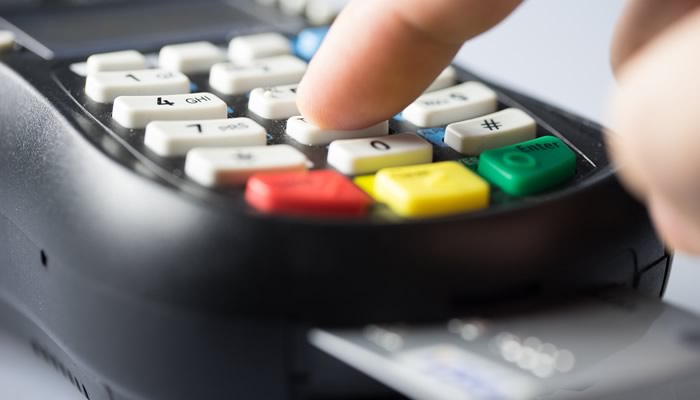
Everyone knows guarding your credit card number is important, but did you know that there’s another number on your credit card you should be guarding closely as well? Besides your credit card number, the most important number on your credit card is the CVV. You may have heard of this number, but do you truly understand what it is? Let’s take a closer look at what the CVV is and why it matters.
What is the CVV?
The CVV, short for “credit verification value,” is a three or four digit number found on your credit card. The CVV is a unique number that’s separate and apart from your credit card number, PIN, and expiration date. It was created to prevent card-not-present fraud by asking credit cardholders for a simple code any legitimate cardholder should be able to provide.
As its name suggests, card-not-present fraud is when an individual doesn’t physically present a credit card when making a transaction online, on the phone, or by mail using a credit card he or she isn’t authorized to use. The fraudster usually obtains the credit card details through fraudulent methods, such as hacking and skimming.
Although it’s sometimes referred to by a different name, almost all credit cards today have a CVV. Mastercard, Visa, and Discover use a three digit security code, while American Express uses a four digit security code.
The CVV is found at the far-right side of the box where you sign the credit card on Mastercard, Visa, and Discover, while it’s often found on the front of the card above the credit card number for American Express. (Reach out to your credit card issuer if you can’t find it or it’s too faded to read.)
Why Does the CVV Matter?
Credit card security codes like the CVV act as a type of two-step authentication, similar to when you sign up for a mailing list and are required to click an email with a link afterward to confirm the email address really belongs to you. In the credit card’s case, the two pieces of information it relies on are your credit card number and CVV to confirm you’re in possession of the card – or at least the card’s details. It makes it harder for fraudsters to credit card information obtained through fraudulent means.
It’s not uncommon these days to read a news story about an online retailer being hacked. The good news is that online retailers like Amazon are not allowed to store the CVV in their database. That way even if your credit card information is stolen, the criminal doesn’t have the CVV that allows them to make purchases (although they could steal it from you by other means like phishing and key loggers).
The Bottom Line
Now that you understand what the CVV is, you’ll understand the importance of closely guarding it. If your CVV, credit card number and expiration date were to ever fall into the hands of a criminal, they’d have all the information they need to make purchases on the Internet on your behalf. So guard them closely!




